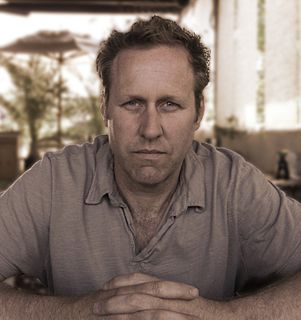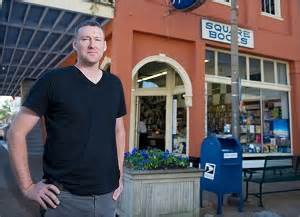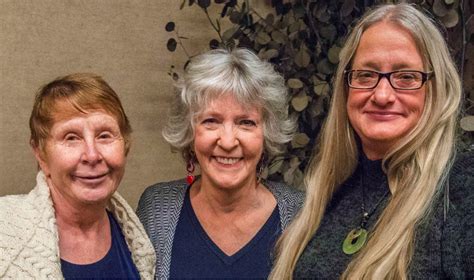A Quote by Bret Easton Ellis
I'm really shocked when critics get morally outraged at my fiction because they think I'm condoning what's going on. I never come in as the author and say, "Hey, okay. I'm interrupting the narrator here. I'm Bret Easton Ellis, and I'm the author."
Related Quotes
I only know what it's like to be an author with social media. I can't compare. I do think we lose the mystery of the author. Today, I get tons of e-mails and Facebook messages from readers, and my goal with Twitter and Facebook is, if someone reaches out to me, I'm going to respond to them. I don't want to be an elitist author who is untouchable. I'm just a regular person, too. I will always respond to everybody.
I think it's dangerous to think you know what you're writing. I usually don't know, and usually I just discover it in the course of writing. I envy those writers who can outline a beginning, a middle, and end. Fitzgerald supposedly did it. John Irving does. Bret Easton Ellis does. But for me, the writing itself is the process of discovery. I can't see all that far ahead.






























